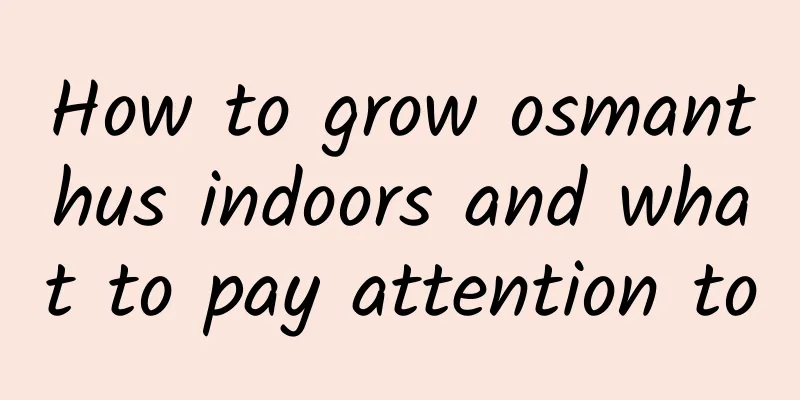Is hyacinth poisonous?

|
The toxicity of hyacinth comes from the bulbs. Touching the bulb will not cause poisoning, but if accidentally ingested, it will cause symptoms such as dizziness and diarrhea, so hyacinths are best placed where children cannot directly touch them. It is recommended not to place hyacinths in the bedroom. The scent of hyacinth flowers can refresh the mind, but placing them in the bedroom may cause insomnia. Although the scent of hyacinth is non-toxic, the plant's scent does contain aromatic chemicals such as ketones. If a small amount is inhaled, the human body can excrete it through metabolism, but long-term intake will increase the burden on internal organs and affect human health. Just place the hyacinth in a well-ventilated place such as the living room. |
<<: Phalaenopsis's efficacy and effects
>>: Can I grow hyacinths if there is a pregnant woman at home?
Recommend
Diseases and Pests of Hosta and Their Control
Pests of Hosta In summer, care should be taken to...
Are pumpkin and squash the same? What's the difference?
Pumpkin and squash are different. Pumpkin is a pl...
Allen's breeding methods and precautions
1. Soil Allen does not have high requirements for...
How to care for climbing roses
1. Soil requirements The soil must be breathable,...
The cultivation methods and precautions of golden diamond
1. Temperature During the maintenance process of ...
How to prune dianthus
When to prune dianthus The time to prune dianthus...
How to prune a potted orange tree
When to prune orange trees Potted orange trees ca...
What to do if the green radish vine is too long
1. Pruning Method: Pruning is usually done in spr...
Causes and treatments of yellow grape leaves
1. Unsuitable soil 1. Reason: Excessive salinity ...
How to grow the lucky tree and what to do if the leaves fall off
1. Breeding methods 1. Soil The plant likes soil ...
How much is the average yield of eggplant per mu? How much is the profit of planting eggplant per mu?
Eggplant yield per mu Eggplant is a common vegeta...
It is better to water camellia every few days
How often should I water the camellia? When carin...
Where is the willow tree suitable for growing? What are its growth environment and characteristics?
Where do willow trees grow? Willow is suitable fo...
Can decomposed peanut shells be used as fertilizer (decomposed peanut shells ferment to become fertilizer for flowers)
Common things that people can use include used be...
Lemon flower soil preparation method
Lemon tree soil requirements The soil for growing...









